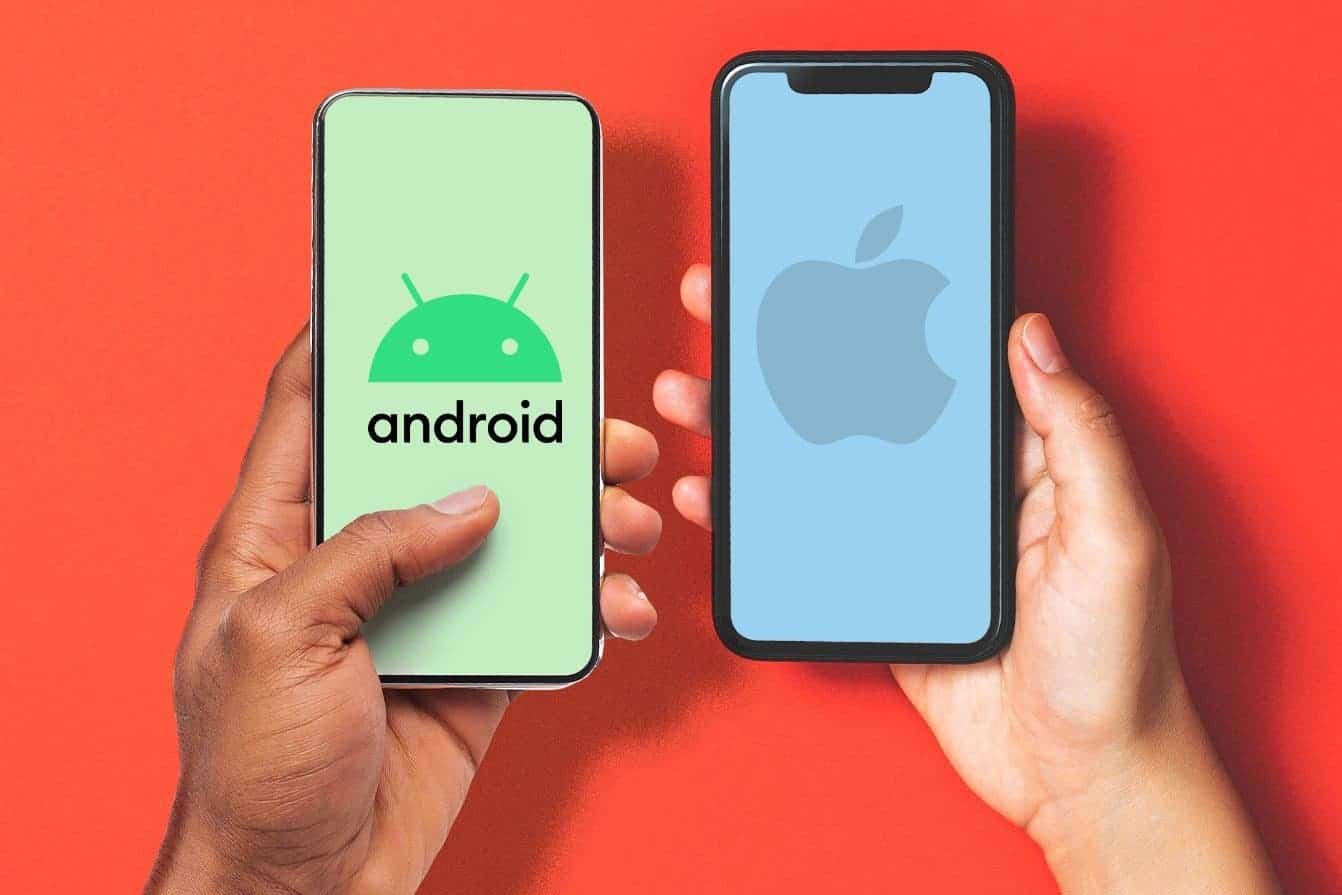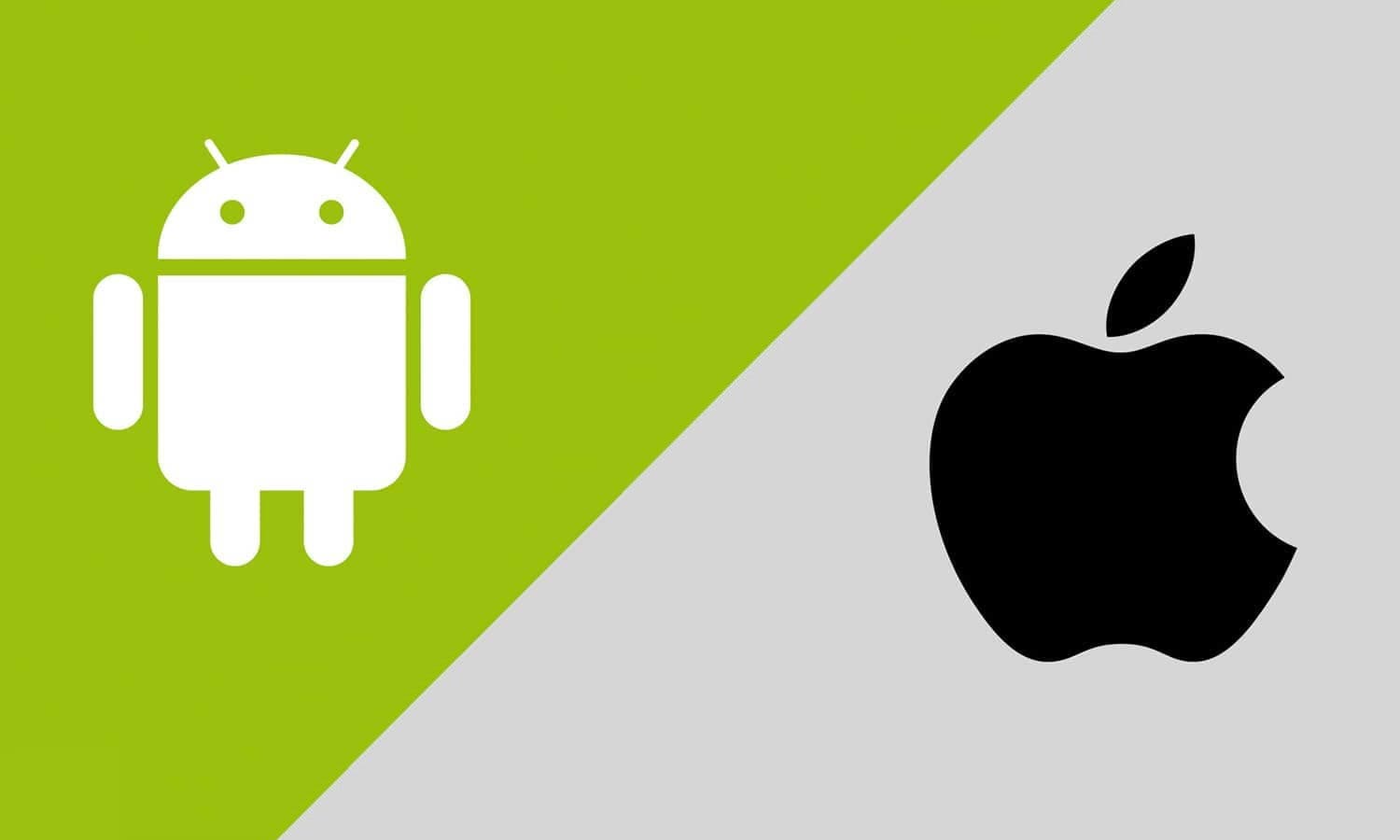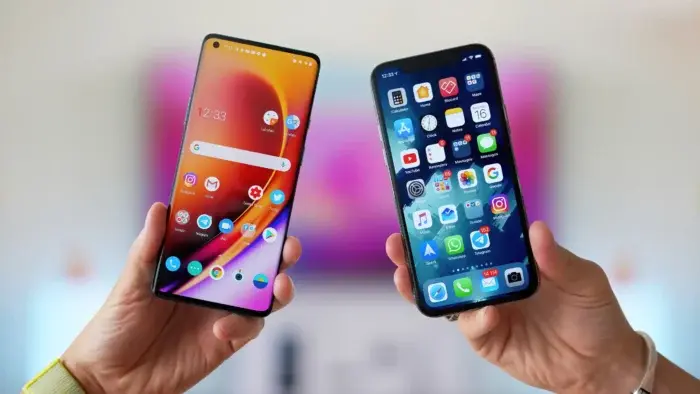The ongoing discussion about Android and iOS keeps grabbing the attention of both regular people and tech experts. Even though phone hardware has gotten really good, the software side of things still has big differences. This article will compare Android and iOS, using my own experience with both to show their good and bad points.
Android vs. iOS: A Detailed Look at User Experience
A Long History of Phones
Phones have changed a lot since the first iPhone came out in 2007. Android quickly became a strong competitor because it’s open to everyone and offers lots of choices for phones and how to use them. For many years, these two phone systems have been around together, each with its own group of fans.
As a writer who really likes phones, I’ve tried many different smartphones on both systems. I usually prefer Android, but using an iPhone 14 Pro lately gave me a new view of how iOS works.
Software Matters: Android Has an Advantage
While how a phone is built is important, how the software works is often what people like most or least. iOS is known for looking nice and being easy to use. But, in my opinion, it often makes things simple by not giving users much control.
Android lets users change almost anything, from the pictures on their apps to the whole way the phone works. This makes people feel like the phone is really theirs. iOS has gotten better at letting you change things, but it’s still not as open as Android.
Android is also much better at doing many things at once. You can easily switch between different apps, or even use two apps side-by-side. iOS is getting better at this, but it’s still not as good as Android.

How You Move Around and What Happens When You’re Not Using an App
The way you go from one thing to another on your phone is really important. Android has a simple way to go back that works the same everywhere, which makes it easy to learn. iOS can be less predictable.
When you’re not using an app, Android lets it keep working in the background, which is helpful. iOS is stricter about this, so sometimes you have to keep an app open if you want it to finish something. Android is better at letting things happen without you having to do anything.
Taking Pictures and More
The iPhone is famous for taking amazing pictures. Apple is really good at using computer tricks to make pictures look great. But, other top-of-the-line Android phones take really good pictures too.
So, the best phone for you depends on what you want. If you like to change things and do a lot at once, Android might be better. If you want something simple and pretty that works well with other Apple products, iOS could be the choice.
Phones will keep getting better, and the differences between Android and iOS will probably get smaller. But right now, I think Android is better because it gives users more freedom and choices.

iPhone vs. Android: Choosing the Right Smartphone for You
Deciding between an iPhone and an Android phone can be tough. Both offer unique advantages. Here are some key factors to consider:
Operating System (OS)
- iOS (iPhone): Known for its simplicity, user-friendliness, and seamless integration with other Apple devices. Offers a consistent experience across all Apple products.
- Android (Various brands): Highly customizable, offering a wide range of options and features. Can be more complex for new users but provides greater flexibility.
Ecosystem
- Apple Ecosystem: If you already own a MacBook, iPad, or other Apple devices, an iPhone seamlessly integrates with your existing setup.
- Android Ecosystem: While not as tightly integrated, Android offers a broader range of device choices and often more affordable options.
Budget
- iPhone: Generally, iPhones tend to be more expensive, especially for the latest models.
- Android: Offers a wider price range, from budget-friendly options to high-end flagship devices.
Features and Customization
- iPhone: Focuses on a clean, intuitive interface with a strong emphasis on privacy and security. Offers a curated app store.
- Android: Provides more customization options, with various launchers, widgets, and themes available. Offers a wider range of apps and app stores.
Hardware
- iPhone: Known for premium build quality and consistent performance across models.
- Android: Offers a wider variety of hardware options, from budget-friendly to high-end devices with cutting-edge features.
Other Considerations
- Camera Quality: Both platforms offer excellent camera performance, with constant advancements. Compare specific models for detailed comparisons.
- Battery Life: Battery life varies between models and usage patterns. Check reviews and comparisons for specific devices.
- Software Updates: iPhones generally receive longer software support and timely updates compared to many Android devices.
Ultimately, the best choice depends on your personal preferences, needs, and budget.
Try Before You Buy: If possible, visit a store to physically handle both types of phones and experience their operating systems firsthand.
Do Your Research: Read reviews, watch comparison videos, and explore the features of specific models to make an informed decision.
Consider Your Priorities: Determine which features and aspects are most important to you, such as camera quality, battery life, or price.
By carefully considering these factors, you can choose the smartphone that best suits your lifestyle and requirements.





